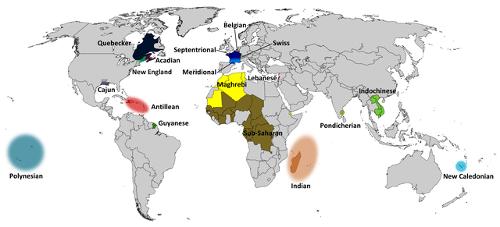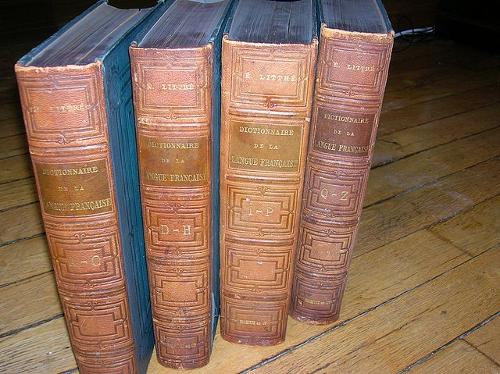COTE D'AZUR
Language

Language

Popular destinations FRANCE
| Alsace | Ardeche | Auvergne |
| Brittany | Burgundy | Cevennes |
| Corsica | Cote d'azur | Dordogne |
| Jura | Languedoc-roussillon | Loire valley |
| Lot | Normandy | Picardy |
| Provence |
Language
The official language is French, in addition, minorities speak Breton (Brittany), Occitan (the south), Basque (in the western Pyrenees), German (Alsace-Lorraine), Dutch (French Flanders), Catalan (Roussillon), Italian (around Nice), Corsican (in Corsica).
The French language is a Roman language spoken by approximately 100 million people as their mother tongue, of which approximately 60 million in France. French is further spoken in Belgium down the line Visé-Mouscron and Brussels, in Switzerland (Suisse romande), Italy (Aosta Valley), Haiti and Canada (Quebec), and in many former French colonies. Where Frenche is the language of administration and administration French is a continuation of the Vulgar Latin, which was introduced and developed in Gallia Transalpina by the Roman conquerors (58–50 BC). Dialects of the French language worldwidePhoto: Jonatan argento CC 3.0 Unported no changes made
Dialects of the French language worldwidePhoto: Jonatan argento CC 3.0 Unported no changes made
The history of French begins when the Carolingian Renaissance, which revived the study of Classical Latin, made people aware of a gap between Latin, language of administration, jurisdiction and religion, and everyday language. This is evidenced, among other things, by a decision of the Council of Tours (813), which henceforth had to be preached in the vernacular ("lingua romana rustica"). Broadly speaking, three periods can be distinguished in the history of French: Old French (early 9th - early 14th century), Middle French (early 14th - early 17th century) and modern French (early 17th century - present). 4 volume French dictionary (1889)Photo: LPLT / Wikimedia Commons CC 3.0 Unported no changes made
4 volume French dictionary (1889)Photo: LPLT / Wikimedia Commons CC 3.0 Unported no changes made
The French language originally consisted of Latin words introduced by the Romans, supplemented by words of Celtic and Frankish origin. From the 12th century onwards, these "folk words" are borrowed from Latin, the "learned" words. In the 16th century, many words were also borrowed from Italian. Many words have also been borrowed from Dutch and, since the 18th century, also from English.
Especially in recent decades, much has been borrowed from English in the field of technology, sports, fashion, and the like, which has resulted in the derisive term Franglais. French purists oppose this "invasion" of foreign words.
In the medieval-looking village of Peille, the dialect Pelhasc is still spoken, which is somewhat similar to the dialect of Nice, Nissart, but pronounced differently. Nissart, like Mentonnais, is a Provençal dialect.
Sources
Booren, R. van den / Côte d'Azur
ANWB
Côte d’Azur
Kosmos Reisgidsen
Côte d'Azur, Monaco
Lannoo
Simon, K. / Côte d'Azur
ANWB
CIA - World Factbook
BBC - Country Profiles
Copyright: Team The World of Info